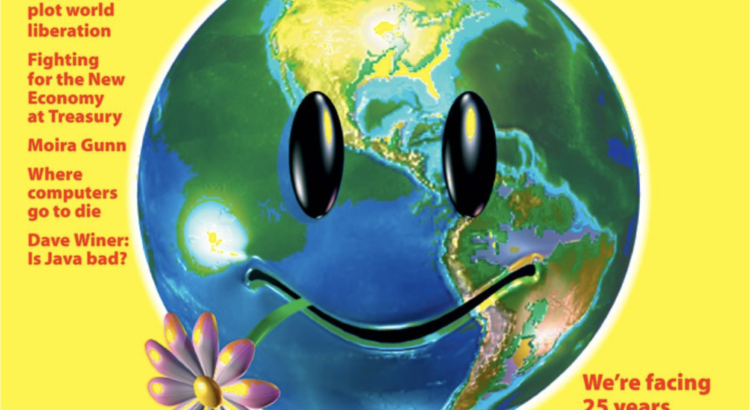Internet

“The Impact of Russian Tweets, If Any, Was Limited”
Did Donald Trump only become president thanks to Russian trolls? That explanation is too simple, argues a group of researchers. They found no evidence for it in a study.
The fact that Donald Trump was elected U.S. president in 2016 was partly due to the fact that Russian actors had influenced the electorate through ads and social media posts – at least that’s the gist of press reports and books on the subject. Researchers repeatedly proved that there were large-scale efforts from Russia to create sentiment for Trump and against Hillary Clinton on social networks.
What is more difficult to measure is how much influence messages from Russian trolls actually had. For some time now, evidence has been mounting in research that there has been a tendency to overestimate their impact. A recent study, published in the journal Nature Communications, has concluded that Russian efforts on Twitter had virtually no impact on the election results.
Jan Zilinsky is one of the authors of the study. The Slovakian-born economist works at the School of Social Sciences & Technology at the Technical University of Munich. His research focuses on how voters’ positions are influenced …

“Our idea was to lay out a positive narrative”
25 years ago, Peter Leyden predicted the boom of digitalization – but also warned of a pandemic, the climate catastrophe and Russian aggression. Now he predicts what’s coming next.
Science fiction writer William Gibson recently tweeted a snippet with ten bleak predictions from a 25-year-old cover story in “Wired” magazine, calling it “perversely pessimistic at the time.” The tweet went viral. But those “spoilers” were really just an appendage to the larger story, which predicted a “long boom” and the blessings and benefits of a digital society. ZEIT ONLINE spoke with one of the two authors, Peter Leyden, exactly a quarter century after the story was published.

“The Internet Is Being Scapegoated in a Lot of Ways”
Zeit Online
(This is an extended version of the interview in Zeit Online – I thought some of the parts that were omitted might be interesting to readers.)
Is the internet broken? Tech evangelist Tim O’Reilly doesn’t think so. He still believes in its positive effects. A conversation about cheetahs, elephants and Donald Trump
Tim O’Reilly has coined terms like “Web 2.0” and “Open Source” and has been called the “Oracle of Silicon Valley”. As founder and CEO of O’Reilly Media, he has published several books on topics such as Windows, Twitter and Unix, for example. In his latest work, “WTF? What’s the Future and Why It’s Up to Us,” he writes about what he calls the “Next Economy.” In an interview with ZEIT ONLINE, he speaks about artificial intelligence (AI) and the internet status quo.
Mr. O’Reilly, would you rather be governed by a president like Donald Trump or by artificial intelligence?
That depends a lot on which AI. Just like it depends on which person.
Why?
There are likely going to be many types of AI, just like there are many types of living beings. And they will have different abilities. A horse can beat a human in a race, and so can a cheetah. But a human being can do many things they can’t. So let’s talk about specific skills.
Read MoreThe Futurological Process
NZZ Folio, August 2017 (in German)
The Internet Archive in San Francisco keeps internet pages from getting lost. It is a digital Library of Alexandria.
Das Internet vergisst nichts – der Satz könnte falscher nicht sein. Gut, manchem mag ein Bild aus vergangenen Tagen peinlich sein, das plötzlich wieder zum Vorschein kommt. Aber viel häufiger ist der Fall, dass man eine Seite aufrufen will und die berüchtigte Meldung erhält: «404 – File not found». Eine Website lebt im Durchschnitt 100 Tage, bevor sie verschwindet oder verändert wird. Das Internet ist sehr vergesslich.
Brewster Kahle kämpft dagegen, seit 1996. In jenem Jahr gründete er das Internet Archive, ein Archiv des weltweiten Netzes, das die Nutzer vor allem durch die Wayback Machine kennen: Stossen sie beim Stöbern im Netz auf die 404-Seite, dann können sie die Adresse in diese Suchmaschine der besonderen Art eingeben und vergangene Versionen der Seite abrufen, häufig mehrere. Nicht das ganze Netz, aber die unvorstellbare Zahl von einer Milliarde Websites besucht der Kriech-Algorithmus des Archivs in regelmässigen Abständen und speichert ihren Inhalt …